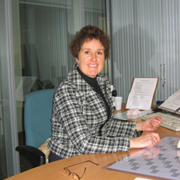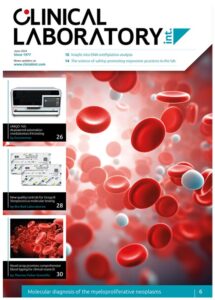Sugar: a bad and good drug
Recently a senior Dutch health official claimed that sugar is ‘the most dangerous drug of the times’ and called for cigarette packet-type warnings stating that ‘sugar is addictive and bad for health’ to be mandatory on the labels of products such as soft drinks and sweets.
A plethora of studies has examined the effects of overconsumption of sugar. Many are based on consumers reporting the amount of sugar in their diet; under-reporting is very common in such surveys, though a recently discovered biomarker based on the ratio of Carbon 12 and 13 can now measure long-term sugar intake from a single blood or hair sample. Other studies don’t distinguish between free monosaccharides and disaccharides added to food products and those occurring naturally in food. While recognising the limitations of many studies, most of us would accept that overconsumption of sugar is linked to obesity, dental caries, macular degeneration and Alzheimer’s disease in older age, cardiovascular disease and diabetes. And hypoglycemia (defined as a blood glucose level of < 2.5mmol/L), a frequent problem in diabetes patients receiving treatment, can also occur in non-diabetic subjects as a result of a diet that is too high in refined sugars and too low in complex carbohydrates. And the treatment for hypoglycemia is the sugar dextrose (= glucose), given orally or by intravenous drip depending on how low the glucose level is and how alert the patient.
Hypoglycemia is unfortunately becoming more common in neonates. Around one in three suffer from the condition in the West, reflecting the increase in gestational and maternal diabetes as well as the rising number of pre-term births. Careful management of the newborn is necessary to avoid seizures and serious brain injury, and this normally involves extra feeding with formula (in addition to breast milk, which often interrupts normal breastfeeding) and repeated blood glucose tests involving heel pricks. If a seriously low glucose level persists, babies are admitted to intensive care and intravenous dextrose is administered. However the good news is that a New Zealand study has just been published in ‘The Lancet‘ involving 514 neonates considered at high risk of hypoglycaemia. The babies diagnosed with the condition were randomly assigned to one of two groups. One hundred and eighteen were treated with six applications of 40% dextrose gel over two days, applied to the inside of the cheek, and 119 were treated with placebo gel. The blood glucose levels of the former group stabilised quicker, fewer babies needed extra formula feeds and fewer were admitted to intensive care. Sugar may be a ‘dangerous drug’ but it can also be invaluable!



